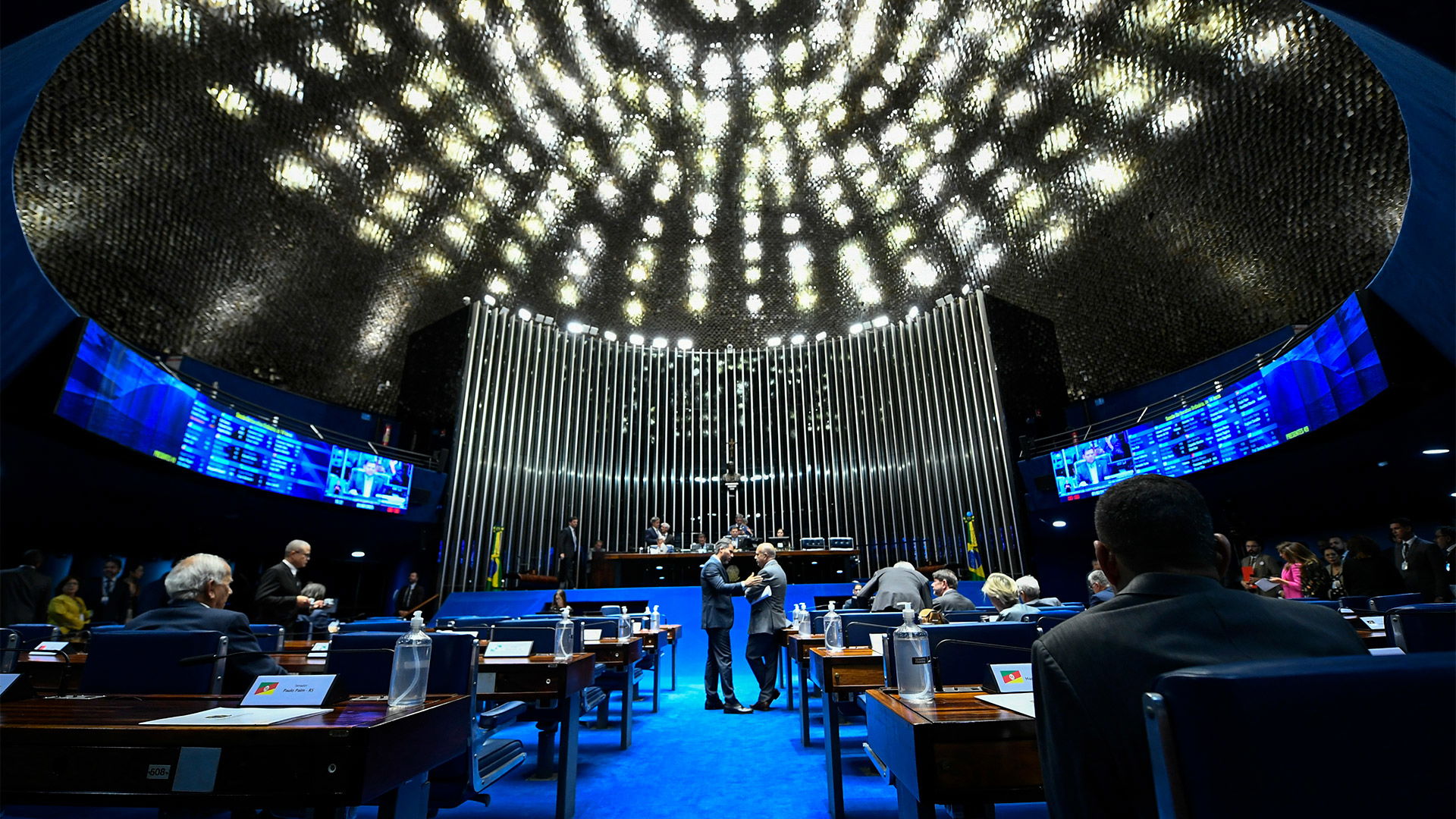Brazil: Chamber of Deputies lets tax measure expire, blocking govt. plan to raise revenue from betting

Brazil’s Chamber of Deputies has allowed a key Provisional Measure (MP) intended to raise federal revenue through new taxes on betting companies and financial assets to expire, recording a defeat for President Luiz Inácio Lula da Silva’s administration.
The proposal, which served as an alternative to the recent increase in the Tax on Financial Operations (IOF), was withdrawn from the legislative agenda on Wednesday (8) after a majority voted not to analyze the text before its deadline. The final tally was 251 votes in favor of withdrawal and 193 against, effectively nullifying the measure.
The MP sought to introduce taxes on investment securities and impose retroactive taxation on betting operators active in Brazil before the industry’s formal regulation. The government had expected to collect around R$ 5 billion (US$934 million) from this initiative. However, the rejection means the tax on gaming will remain at 12%, instead of the proposed increase to 18% of Gross Gaming Revenue (GGR).
Deputy Carlos Zarattini, the rapporteur, had earlier presented a revised version of the measure, approved by a joint committee on October 7 by a single vote. To reach a compromise, Zarattini removed the planned tax hike on betting while keeping the clause for retroactive tax collection.
Finance Minister Fernando Haddad had supported the measure, saying the retroactive taxation, a 30% charge split between taxes and penalties, would recover three years’ worth of unpaid revenue from offshore betting firms.
With the MP’s expiration, the government now faces a shortfall of R$ 46.5 billion ($8.7 billion) in its 2025 budget, comprising R$ 31.6 billion ($5.9 billion) in lost revenue and R$ 14.9 billion ($2.8 billion) in spending cuts. The defeat follows closely on the heels of a bill passed last week exempting income tax for individuals earning up to R$ 5,000 ($934) per month, another measure reducing projected government revenue.
The lapsed proposal had also sought to increase taxes on fintechs and financial instruments such as Real Estate Credit Bills (LCI) and Agribusiness Credit Bills (LCA). It further aimed to raise the income tax rate on Interest on Equity (JCP) distributions from 15% to 20% and curb improper tax compensations, all of which faced resistance from financial and business sectors.
Following the rejection, Senator Randolfe Rodrigues, the government’s leader in Congress, suggested that new spending freezes may be imposed to offset the fiscal gap, potentially including cuts to parliamentary amendments worth up to R$ 10 billion ($1.8 billion).
Despite the setback, some government officials indicated the administration plans to use the outcome to reinforce its political narrative that Congress acts in favor of “the three Bs,” which are banks, bets, and billionaires. This framing has gained traction since July, when lawmakers criticized the presidential decree that raised IOF rates.
The defeat also comes amid a tense political climate, with recent protests erupting over the Shielding Amendment (PEC da Blindagem), a controversial proposal seen by critics as protecting politicians from accountability.

















